Benjamin Balint
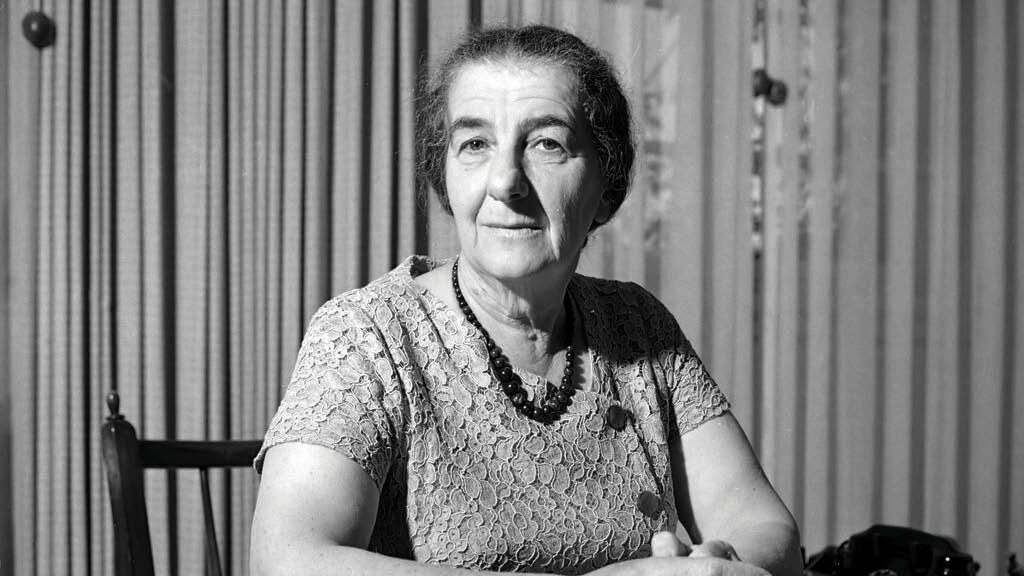
Israel’s Iron Lady
Golda told Nixon: “You are the president of 150 million Americans; I am the prime minister of six million prime ministers.”

George Lichtheim’s Marxmanship
The brief, wondrous life of a renegade intellectual.

Graven Images
“How do you like my drawing?” Franz Kafka wrote his fiancée Felice Bauer. He took art seriously, and now, finally, we can answer the question ourselves.
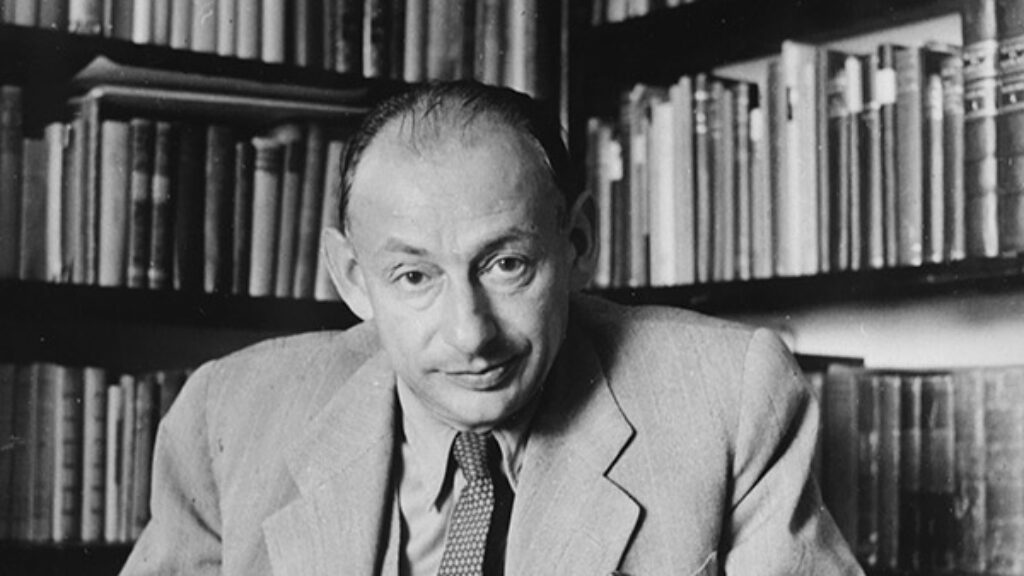
Between Frankfurt and Jerusalem: Scholem, Adorno, and the Fate of the Sacred
When the philosopher Theodor Adorno met Gershom Scholem, he thought that he “gave the impression of a Bedouin prince.” Their lifetime of letters orbits their shared love of their brilliant, doomed friend Walter Benjamin.
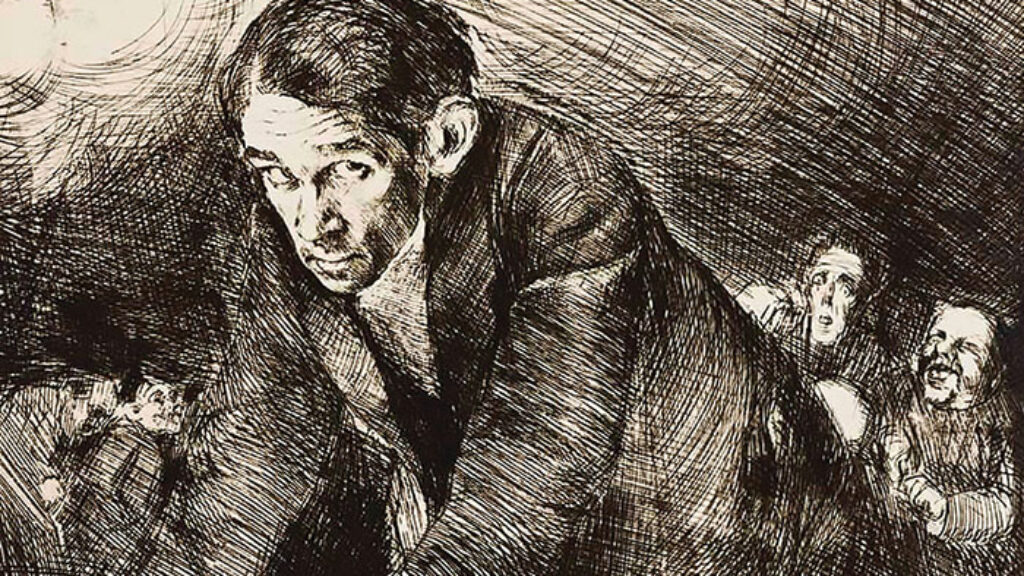
And the Heart Is Forever Broken
Amid the ferment of interwar Poland, two opposite motions guided Jews who followed the sometimes blinding torches that lit the way toward modern culture. The first surged outward. The second traveled inward.
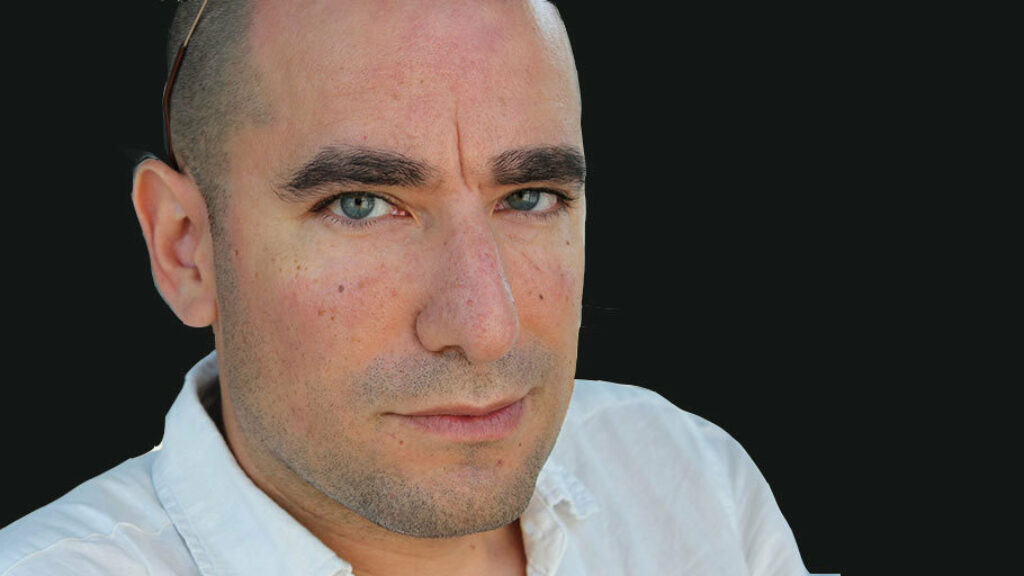
Kafka’s Manuscripts and the Hidden Libraries of Jerusalem
Benjamin Balint and JRB editor Abe Socher discuss the international legal battle over Franz Kafka’s unpublished papers, as well as the libraries and book collections of Jerusalem that few people know about.

The Witness
Raised in an assimilated German-speaking family and baptized as a Protestant at age 12, Adler had seemed destined for a stellar literary career as an heir to the Prague Circle, a group of German-language writers that included Kafka, Max Brod, and the philosopher Hugo Bergmann. His imprisonment in Theresienstadt changed the arc of his career and gave us some of the most powerful testimony about the inner life of the camps that has ever been written.
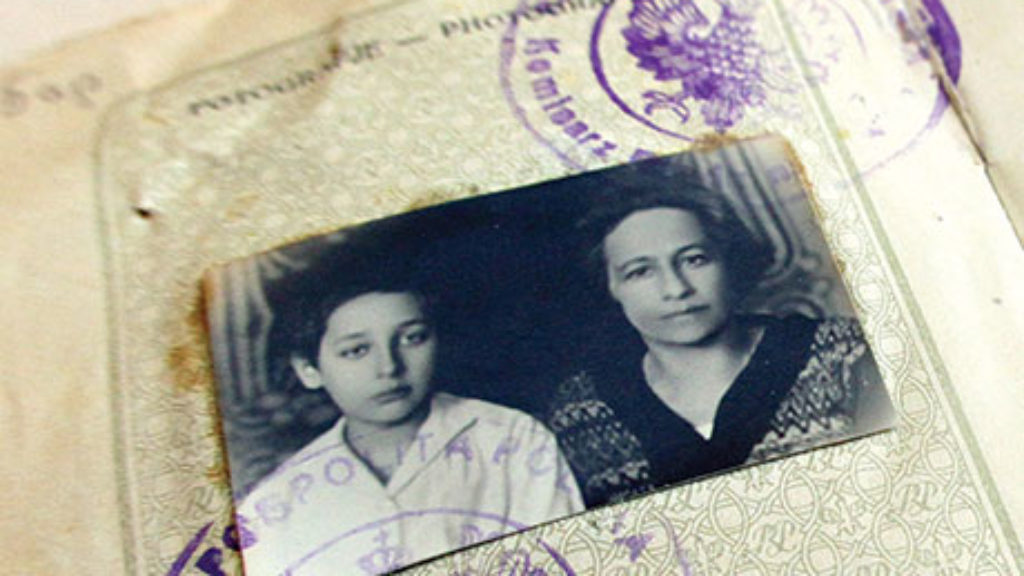
The Many Dybbuks of Romain Gary
Romain Gary—a Lithuanian Jew who regarded himself a Frenchman par excellence—emerges in a recent memoir as a master of self-invention and (just as immoderate) verbal invention, a chameleon of pseudonyms, a man of irreconcilable contradictions, divided against himself.